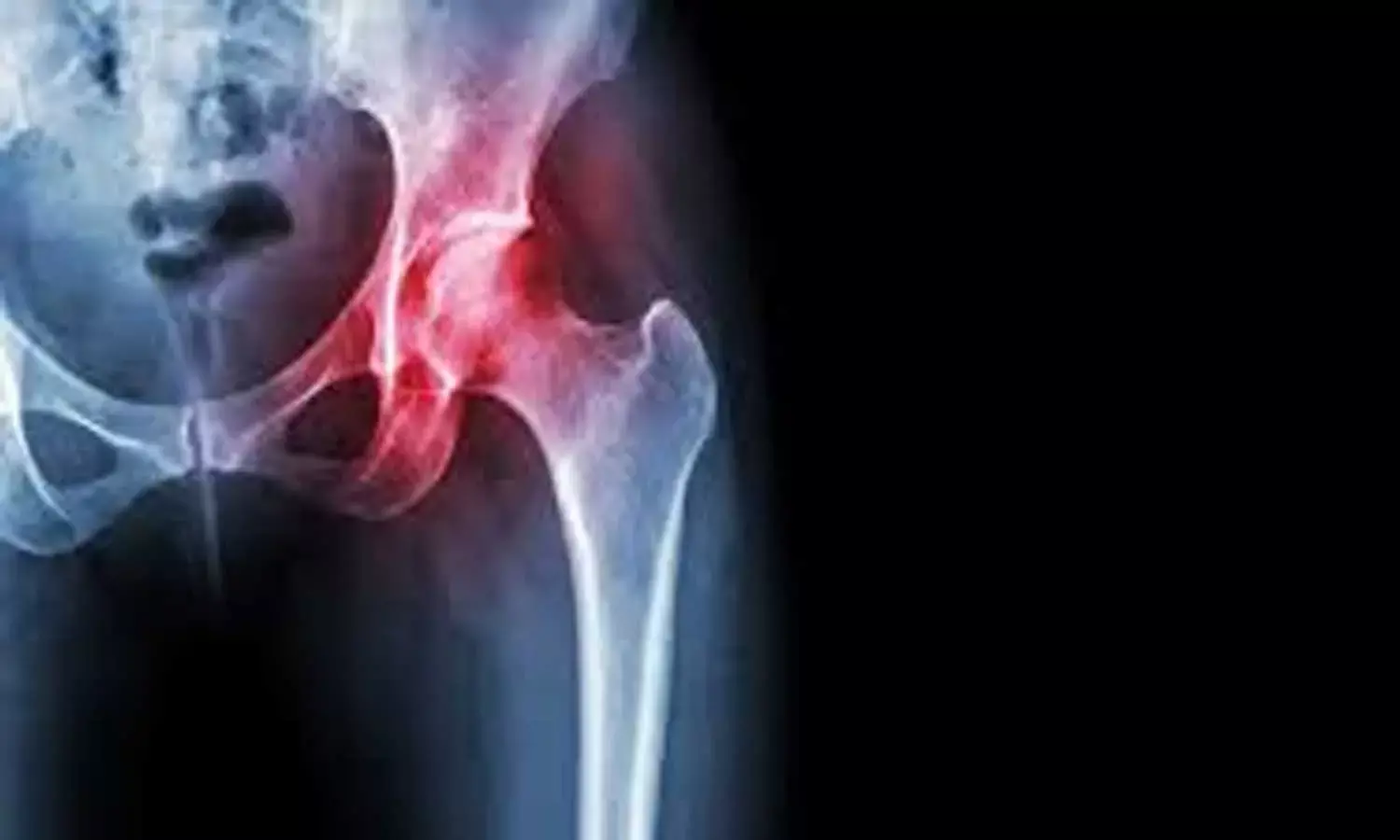- Home
- Medical news & Guidelines
- Anesthesiology
- Cardiology and CTVS
- Critical Care
- Dentistry
- Dermatology
- Diabetes and Endocrinology
- ENT
- Gastroenterology
- Medicine
- Nephrology
- Neurology
- Obstretics-Gynaecology
- Oncology
- Ophthalmology
- Orthopaedics
- Pediatrics-Neonatology
- Psychiatry
- Pulmonology
- Radiology
- Surgery
- Urology
- Laboratory Medicine
- Diet
- Nursing
- Paramedical
- Physiotherapy
- Health news
- Fact Check
- Bone Health Fact Check
- Brain Health Fact Check
- Cancer Related Fact Check
- Child Care Fact Check
- Dental and oral health fact check
- Diabetes and metabolic health fact check
- Diet and Nutrition Fact Check
- Eye and ENT Care Fact Check
- Fitness fact check
- Gut health fact check
- Heart health fact check
- Kidney health fact check
- Medical education fact check
- Men's health fact check
- Respiratory fact check
- Skin and hair care fact check
- Vaccine and Immunization fact check
- Women's health fact check
- AYUSH
- State News
- Andaman and Nicobar Islands
- Andhra Pradesh
- Arunachal Pradesh
- Assam
- Bihar
- Chandigarh
- Chattisgarh
- Dadra and Nagar Haveli
- Daman and Diu
- Delhi
- Goa
- Gujarat
- Haryana
- Himachal Pradesh
- Jammu & Kashmir
- Jharkhand
- Karnataka
- Kerala
- Ladakh
- Lakshadweep
- Madhya Pradesh
- Maharashtra
- Manipur
- Meghalaya
- Mizoram
- Nagaland
- Odisha
- Puducherry
- Punjab
- Rajasthan
- Sikkim
- Tamil Nadu
- Telangana
- Tripura
- Uttar Pradesh
- Uttrakhand
- West Bengal
- Medical Education
- Industry
Research shows ibuprofen does not hinder bone fracture healing in children

Doctors have traditionally avoided prescribing nonsteroidal anti-inflammatory medications (NSAIDs) such as ibuprofen to patients with fractures. This belief is based on basic science research that supports delayed bone healing in some animal models, as well as in some spinal fusion cases. However, a new study from the University of Missouri School of Medicine and MU Health Care shows ibuprofen is an effective medication for fracture pain in children and its use does not affect fracture healing.
The study examined 95 skeletally immature children with fractures. Forty-six patients in the control group received acetaminophen for pain, while 49 patients in the NSAID group received ibuprofen. Six weeks after surgery, 82% of the control group and 92% of the ibuprofen group had healed fractures. At 10-to-12 week follow-ups, 98% of the control group and 100% of the ibuprofen group had healed.
"The findings of this study are relevant for a wide variety of practitioners," said study co-author Sumit Gupta, MD, an associate professor of orthopaedic surgery at the MU School of Medicine. "I think this study will be especially important when the patient first presents to the emergency department. The physician there should feel comfortable prescribing ibuprofen in addition to acetaminophen as a safe and effective pain reliever that won't hinder a child's bone healing."
Patients in the control and ibuprofen groups reported similar pain management scores during the first three days after injury and at each follow-up interval. For the control group, acetaminophen was used for 3.9 days on average while the ibuprofen group average was 4.3 days.
"We often find that pain management is not adequate with just acetaminophen," Gupta said. "Patients respond better to having two medications at the same time. So if that second medication can be ibuprofen instead of a narcotic, that's a much safer alternative."
Gupta believes the results from this study warrant further investigation to examine the effectiveness of other NSAID drugs besides ibuprofen, how NSAIDs work on specific types and locations of fractures and the effectiveness of this treatment on specific patient profiles, including adults.
Hina Zahid Joined Medical Dialogue in 2017 with a passion to work as a Reporter. She coordinates with various national and international journals and association and covers all the stories related to Medical guidelines, Medical Journals, rare medical surgeries as well as all the updates in the medical field. Email: editorial@medicaldialogues.in. Contact no. 011-43720751
Dr Kamal Kant Kohli-MBBS, DTCD- a chest specialist with more than 30 years of practice and a flair for writing clinical articles, Dr Kamal Kant Kohli joined Medical Dialogues as a Chief Editor of Medical News. Besides writing articles, as an editor, he proofreads and verifies all the medical content published on Medical Dialogues including those coming from journals, studies,medical conferences,guidelines etc. Email: drkohli@medicaldialogues.in. Contact no. 011-43720751


